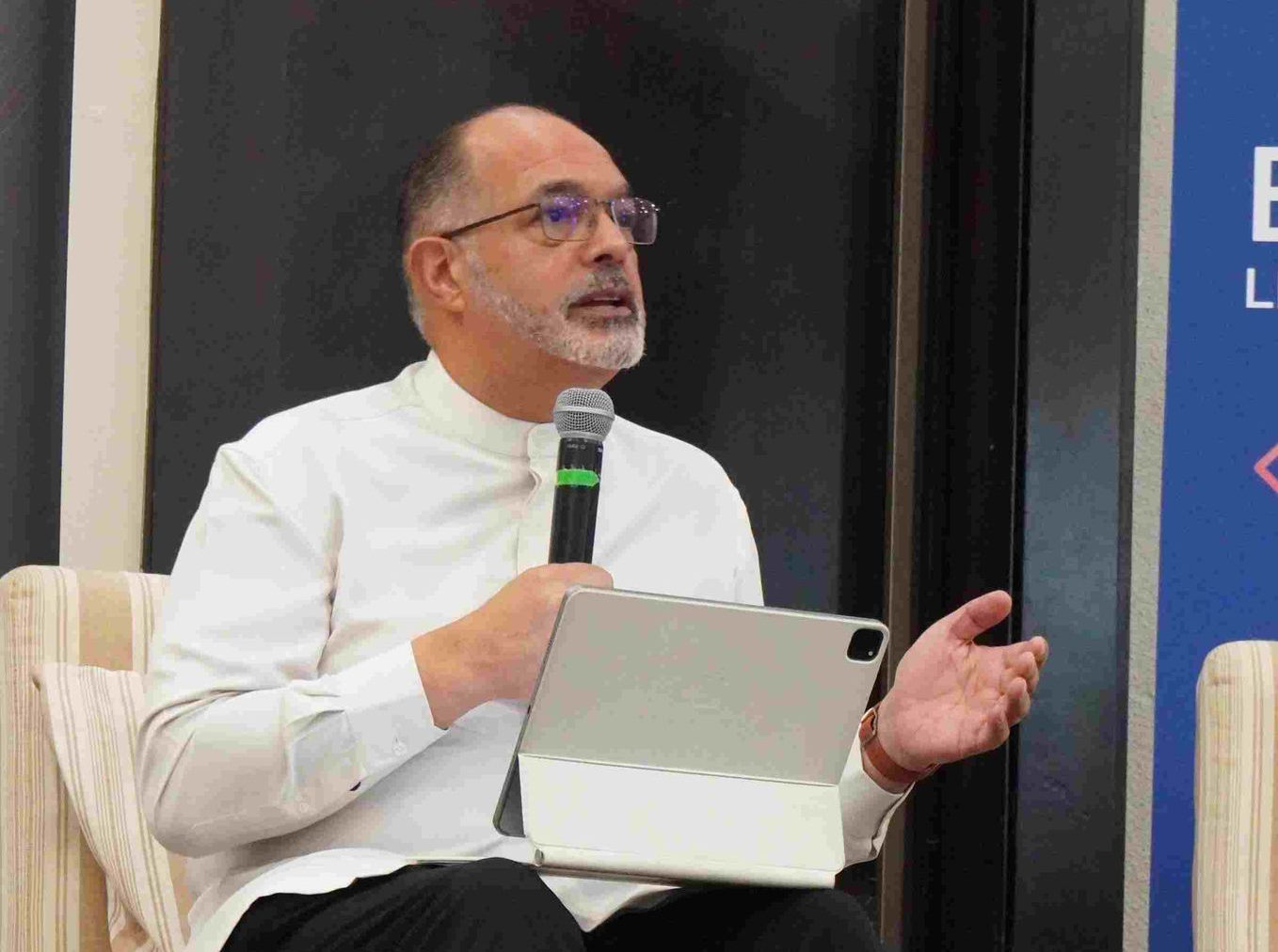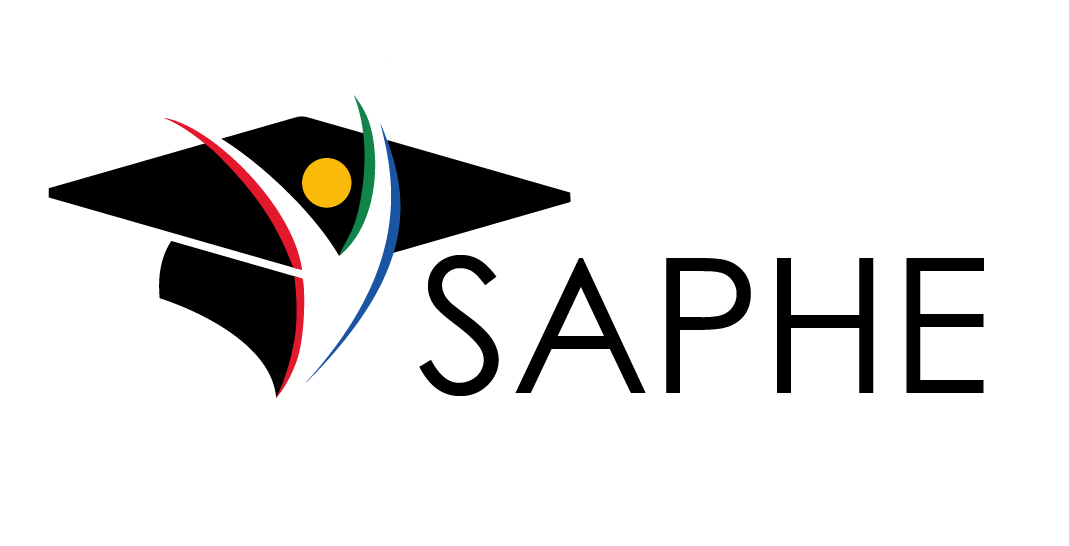Rethinking Higher Education delivery in the post-Covid landscape
The COVID-19 pandemic has had a profound impact on various aspects of society, including education. Education providers were compelled to move to online modes of teaching and learning in 2020. While this was a major challenge it also presented an opportunity to rethink the way we deliver education.
We asked Dr Jan Mentz, Academic Dean at Belgium ITversity, to share his perspective on the swift transition to online modes of delivery prompted by the Covid lockdown period and to reflect on the factors institutions must consider when deciding on the most suitable delivery mode.
The impact of the COVID-19 pandemic continues to draw significant research interest, as seen in the multitude of publications available on platforms like Google Scholar. The imperative to stay at home affected every aspect of human life, including social interactions, remote work, and education. Virtually everything transitioned to some form of online mode. In the face of a life-threatening disease, life had to go on, prompting the need for innovative approaches.
Transition to online education
In South Africa, higher education institutions shifted to online delivery for a period of two years (2020-2022) under the guidance of Emergency Remote Teaching concessions. While the impact of this shift is still under investigation, key concerns revolve around access to learning and the use of technology.
Prior to the lockdown, South African institutions were neatly categorized as either face-to-face or distance learning institutions, each with their respective delivery modes. But, the forced move to online education proved to be a game changer, shifting the perception of education accessed through technology.
Throughout the lockdown, education continued in some form or another. Higher education institutions in South Africa responded by providing students with laptops and broadband internet access, although these interventions were often challenging and costly to implement. It is important to acknowledge that the success of online education was likely more prominent in areas with established infrastructures, potentially leaving rural regions at a disadvantage.
On the teaching side, educators were thrust into a new teaching reality, often unfamiliar to them. There is a stark difference between lecturing in person versus conducting virtual classes on platforms like MS Teams. Nevertheless, both in-person and virtual approaches allowed higher education institutions to facilitate student graduation. The initial emergency measures in 2020 paved the way for a more planned and deliberate approach in 2021, with valuable lessons learned and needs becoming clearer.
The way forward
In charting the way forward, we need to consider questions such as: How should we proceed post-Covid? Should we simply revert to pre-COVID methods? What about the infrastructure investments?
Recognising the need to address the implications of the pandemic-induced changes, the Council of Higher Education (CHE) established a task team on blended and online learning to develop guidelines based on the current post-COVID reality. The task team concluded its work in early 2023, and the CHE is currently reviewing the report. While awaiting the conclusion of this process, it is crucial to contemplate the best way forward for both students and institutions.
Firstly, it is imperative to establish clear definitions for the different modes of delivery as the broader educational community lacks consensus on common definitions.
Secondly, it is crucial to consider which delivery mode would best serve South African students, taking into account the cost of education and the unequal distribution of digital infrastructure in the country.
Thirdly, assessing the digital literacy levels of students is essential. Does the ability to use a smartphone equate to competent usage of the internet and basic word processing software?
Lastly, we need to examine the impact of a blended approach, combining online and in-class teaching modes, on institutional costs, staff productivity, and the demands of assessment and curriculum design.
This list of considerations is by no means exhaustive, but clarity in these areas is critical in mapping the way forward.



